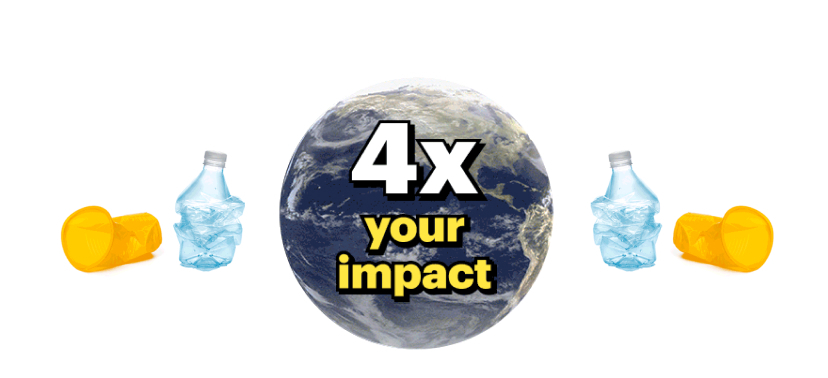Newsom Signs Controversial Bill Fast-Tracking Carbon Capture
Move follows Congressional memo highlighting fossil fuel industry’s use of carbon capture as greenwashing tool.
Published Sep 16, 2022
Move follows Congressional memo highlighting fossil fuel industry’s use of carbon capture as greenwashing tool.
For Immediate Release
Sacramento, CA – After congressional investigations revealed major fossil fuel companies have used carbon capture to ensure continued oil and gas production, Governor Gavin Newsom signed into law a bill fast-tracking the practice as part of his climate package. SB 905 would officially establish a carbon capture, utilization and storage (CCUS) program for California and streamline the permitting process for applicants. Environmental advocates have criticized carbon capture technology as expensive, unproven and a lifeline to the fossil fuel industry.
In a memo released Thursday to the House Oversight Committee, Representatives Carolyn B. Maloney (D-NY) and Ro Khanna (D-CA) outlined the documented memos and conversations of industry giants like BP pinning their hopes on carbon capture “to enable the full use of fossil fuels across the energy transition and beyond.” The memo also documents the intentionally false statements made by fossil fuel interests to present CCS technology as more reliable and successful than it currently is.
“It looks like Newsom fell for Big Oil’s big lies,” said Food & Water Watch California Director Chirag G. Bhakta after the bill signing. “Carbon capture is a smokescreen for fossil fuel industry players to protect their bottom lines at the expense of our climate and communities. Newsom should be slashing emissions by cutting off fossil fuel permits and taking us away from fossil fuels. Instead, he’s letting oil and gas companies dictate California’s climate action. It’s an irresponsible and dangerous choice.”
Carbon capture remains largely unsuccessful, and the few successful endeavors have required enormous public subsidies to function. The profits of fossil fuel companies investing in CCS, however, continue to rise. Included in the suite of bills leaving Newsom’s desk today is SB 1137, a law mandating 3,200 foot buffer zones between oil and gas drill sites and sensitive receptors like neighborhoods, schools and hospitals. Carbon capture, however, has been critiqued for the danger its infrastructure can pose to frontline communities.
“Signing health and safety setbacks into law is unquestionably historic and necessary,” Bhakta continued. “Passing a law that serves as a lifeboat to fossil fuel companies at the same time is unconscionable. It’s up to the California Air Resources Board to deny these foolish schemes and focus on transitioning away from fossil fuel.”
Even when not used for enhanced oil recovery, carbon capture can lead to increased emissions. Food & Water Watch research reveals that even if all power plants used CCS technology, they would burn 39 percent more natural gas and 43 percent more coal.
###
Contact: Jessica Gable, (202) 683-2478, [email protected]

Time to face it —~it’s people or plastics.~We can’t have both.
Become a plastic pollution fighter this Earth~ Day and have your gift MATCHED $3-to-$1!
Press Contact: Jessica Gable [email protected]
TO TOP


